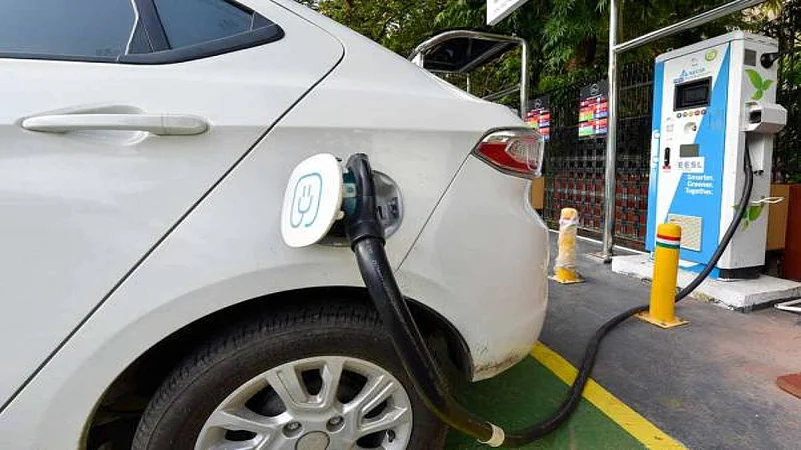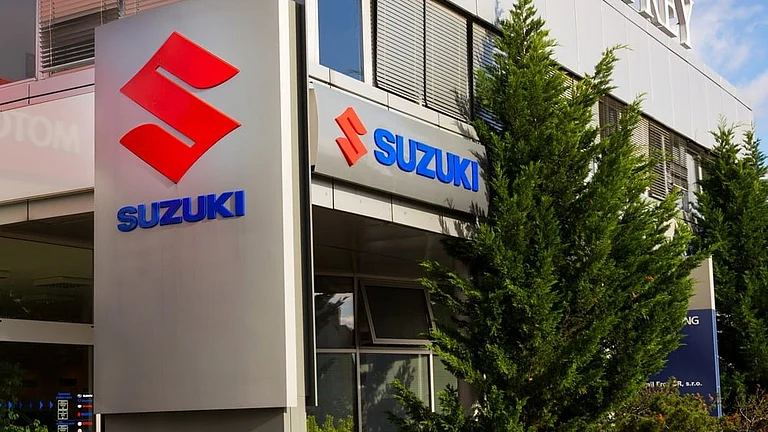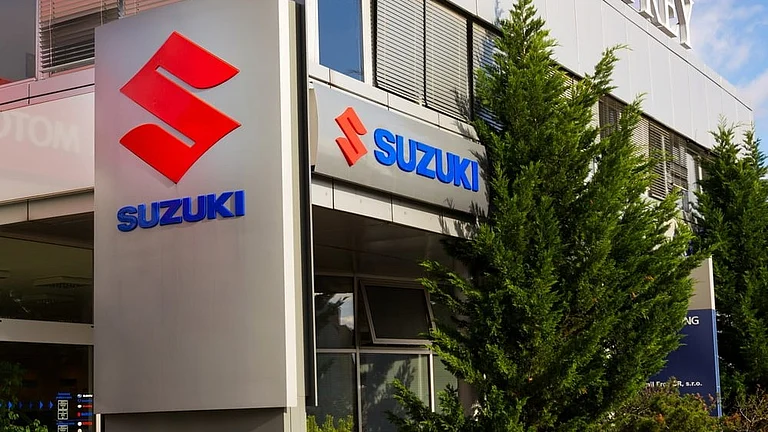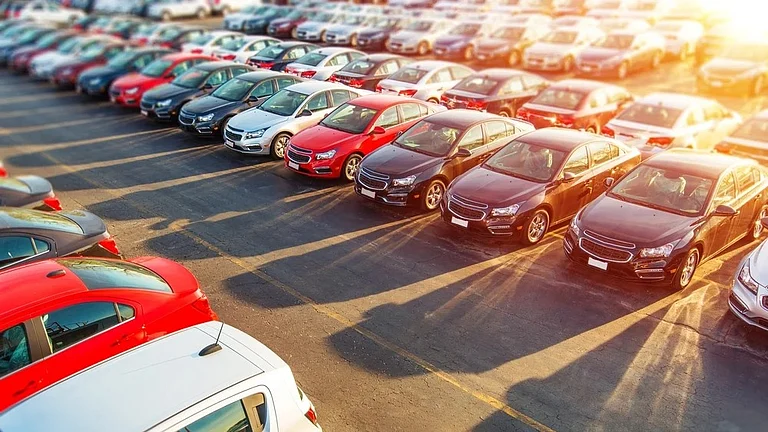The development of public charging infrastructure will play a vital role in faster adoption of electric vehicles as driving range anxiety has emerged as a deterrent to customers to accept an EV as a primary car in a household, according to a senior Maruti Suzuki India executive.
The sales of electric passenger vehicles in the domestic market have almost doubled, but the overall base still remains small.
"Total contribution of EVs is 4.5 per cent (overall PV sales), it has grown from 2.4 per cent to 4.5 per cent. Absolutely, if you see numberwise, growth is 100 per cent. But is it sustainable?" Maruti Suzuki India Senior Executive Officer (Marketing & Sales) Partho Banerjee said in an interaction.
Maruti Suzuki is set to introduce its first electric model - e-VITARA this fiscal.
Banerjee stated that the segment is not witnessing adequate growth as customers do not perceive EVs as the primary car in a household.
"He (customer) has got many inhibitions that EV cannot be my first car. A person who just wants to have one car doesn't want EV to be the first car," he added.
According to FADA sales data, electric passenger vehicle retail sales jumped 93 per cent year-on-year in July.
Total electric passenger vehicle registrations rose to 15,528 units last month as compared with 8,037 units in the year-ago period.
Banerjee said that while automakers have taken care of the anxiety in terms of offering 500 km driving range in cars, concerns still remain about public charging infrastructure.
He noted that Maruti Suzuki is working to establish charging infrastructure in 100 cities but asserted that highways still lack adequate charging stations.
He also pointed out that all the vehicular technologies are going to come in the domestic market and it should be left to the consumer to select as per the requirement.
"It is a discretion of the customer based on his need, what he wants that's going to happen. But yes, one technology should not be given more weightage than the other technologies. It should be the customer selecting, actually," he said.
Currently, the total tax incidence on battery electric vehicle in the country is 5 per cent, which is inclusive of GST, while a hybrid model attracts a tax of about 43 per cent.
Maruti's two models, Grand Vitara and Invicto, are fitted with strong hybrid technology.
On reasons for dip in sales of entry level cars, Banerjee said that cost escalation due to various new regulations has led to drop in demand.
"The cost has gone up, and the affordability is a problem. We are trying our level best by offering the best products. Very soon, we are going to introduce a financial package of owning Alto for just Rs 2,999," he said.
"But the fundamental question is this, we cannot put money in the wallet of the customer. We can just help him out," Banerjee said.
He noted that many people in both urban and rural areas are unable to buy the entry level cars with cost going up.
Any measures that help reduce acquisition cost for probable buyers would enable the growth of the segment, he added.
Banerjee noted that the impact of the recent repo rate reduction is yet to benefit the end buyers.
He noted that probably it will take couple of years for the entry level segment to again get on the growth trajectory.
Commemorating a decade of its Nexa sales network, the company has unveiled the Grand Vitara PHANTOM BLAQ edition, offered in matte black colour wrap.































